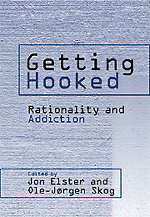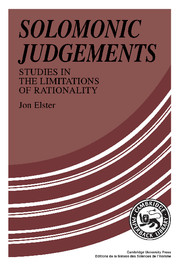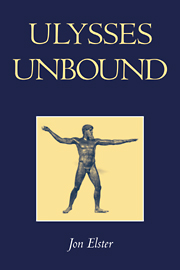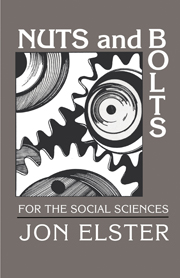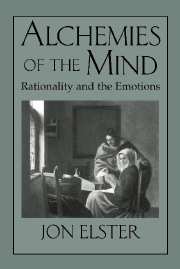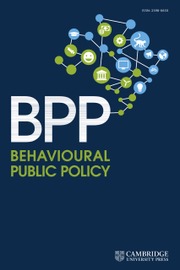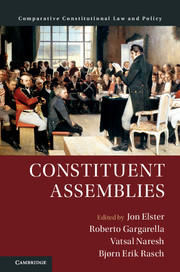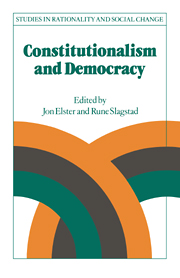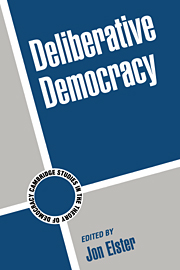Getting Hooked
The essays in this volume offer a thorough discussion of the relationship between addiction and rationality. This book-length treatment of the subject includes contributions from philosophers, psychiatrists, neurobiologists, sociologists and economists. Contrary to the widespread view that addicts are subject to overpowering and compulsive urges, the authors in this volume demonstrate that addicts are capable of making choices and responding to incentives. At the same time they disagree with Gary Becker's argument that addiction is the result of rational choice. The volume offers an exposition of the neurophysiology of addiction, a critical examination of the Becker theory of rational addiction, an argument for a 'visceral theory of addiction', a discussion of compulsive gambling as a form of addiction, several discussions of George Ainslie's theory of hyperbolic discounting, analyses of social causes and policy implications, and an investigation of the problem of relapse.
- Elster is selling point all by himself - previous volumes that he has edited have generally done well
- A book-length treatment of the relation of addiction and rationality
- Interdisciplinary, taking perspectives from philosophy, psychiatry, neurobiology, sociology and economics
Product details
March 1999Hardback
9780521640084
300 pages
235 × 159 × 25 mm
0.555kg
34 b/w illus. 7 tables
Available
Table of Contents
- Preface and acknowledgements
- Contributors
- 1. Introduction Jon Elster and Ole-Jørgen Skog
- 2. Addiction and social interaction Karl Ove Moene
- 3. Addiction, weakness of the will, and relapse Olav Gjelsvik
- 4. The dangers of willpower George Ainslie
- 5. The neurobiology of chemical addiction Eliot L. Gardner and James David
- 6. To legalize or not to legalize: is that the question? Helge Waal
- 7. Rationality, irrationality and addiction - notes on Becker's and Murphy's theory of addiction Ole-Jørgen Skog
- 8. Gambling and addiction Jon Elster
- 9. A visceral account of addiction George Loewenstein
- 10. Epilogue: rationally coping with lapses from rationality Thomas Schelling
- Index.

